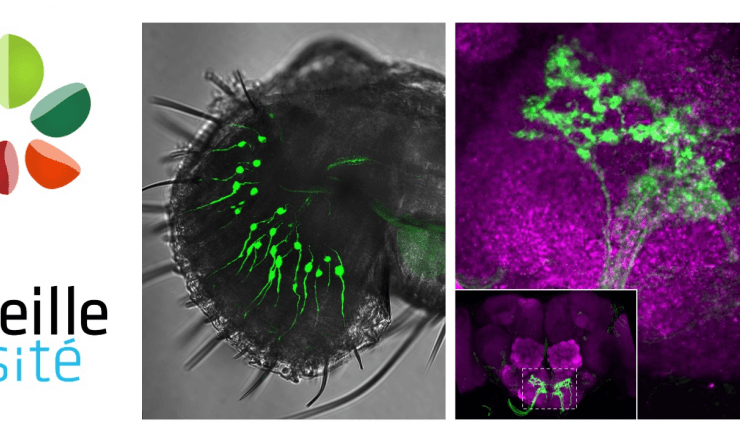Description de la soumission d'un avis
Offre de thèse
Evolution of decision-making neuronal circuits in the pest Drosophila suzukii
Période :
au
This project investigates the mechanisms underlying the evolution of behavior by comparing the physiological properties of homologous neurons across species of Drosophila.


